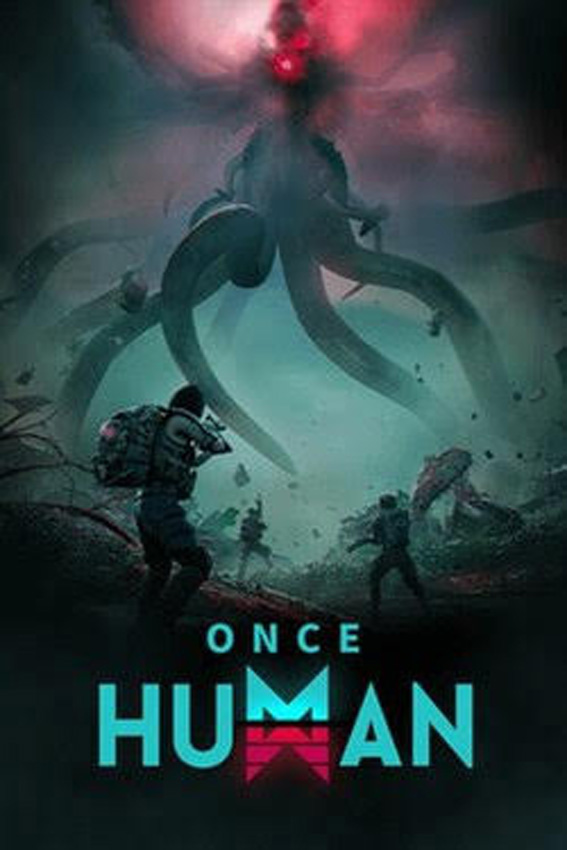I should have known that Fuyumi Ono’s Japanese novel, The Twelve Kingdoms: The Sea of Shadows was a dangerous weekend read.
If I had bothered to open the cover and flip through the pages, I would have set it back down on the shelf. My first clue should have been the black-and-white Japanime-style artwork printed on a few of the pages. My second clue should have been that Tokyo Pop, an American company that publishes Japanese comics in English, was the publisher of Ono’s story.
The Twelve Kingdoms is a seven-part series, with, so far, only the first book translated into English. The series centers around a typical Japanese girl, Nakajima Yoko, who is brought to a mysterious land divided into twelve separate sections.
Yoko is a relatively well-behaved girl with average grades; the only strange thing about her is the reddish tint to her hair, something unheard of in Japan. She is often accused of having dyed her hair. Only later does the reader learn that Yoko’s red hair is a major part of her true self.
Within the first few chapters, the mysterious Keiki finds Yoko, a man who claims to be her servant. He and his two strange, animal-like companions rescue Yoko from beasts with names too hard to pronounce. A hysterical Yoko is brought to the Kingdom of Kou and after yet another attack, she is left alone. Her only companion, besides her sword, is Joyu, a silent being inside of her that controls her as she fights her enemies.
Yoko finds herself undergoing changes that are physical as well as emotional. Her features begin to morph, including the reddish tint to her hair becoming a fiery red, conforming to the cultural style of the Kingdom’s citizens.
From then on, The Sea of Shadows is a plethora of Yoko’s inner turmoil. For the next few hundred pages, she repeatedly falls into enemy’s hands and escapes just as often. Things do not begin to settle down until Yoko escapes yet again from angry villagers and is rescued by a talking rat. Perhaps calling the being a “life-sized intelligent rodent” is kinder, but that does not stifle the painful clich






